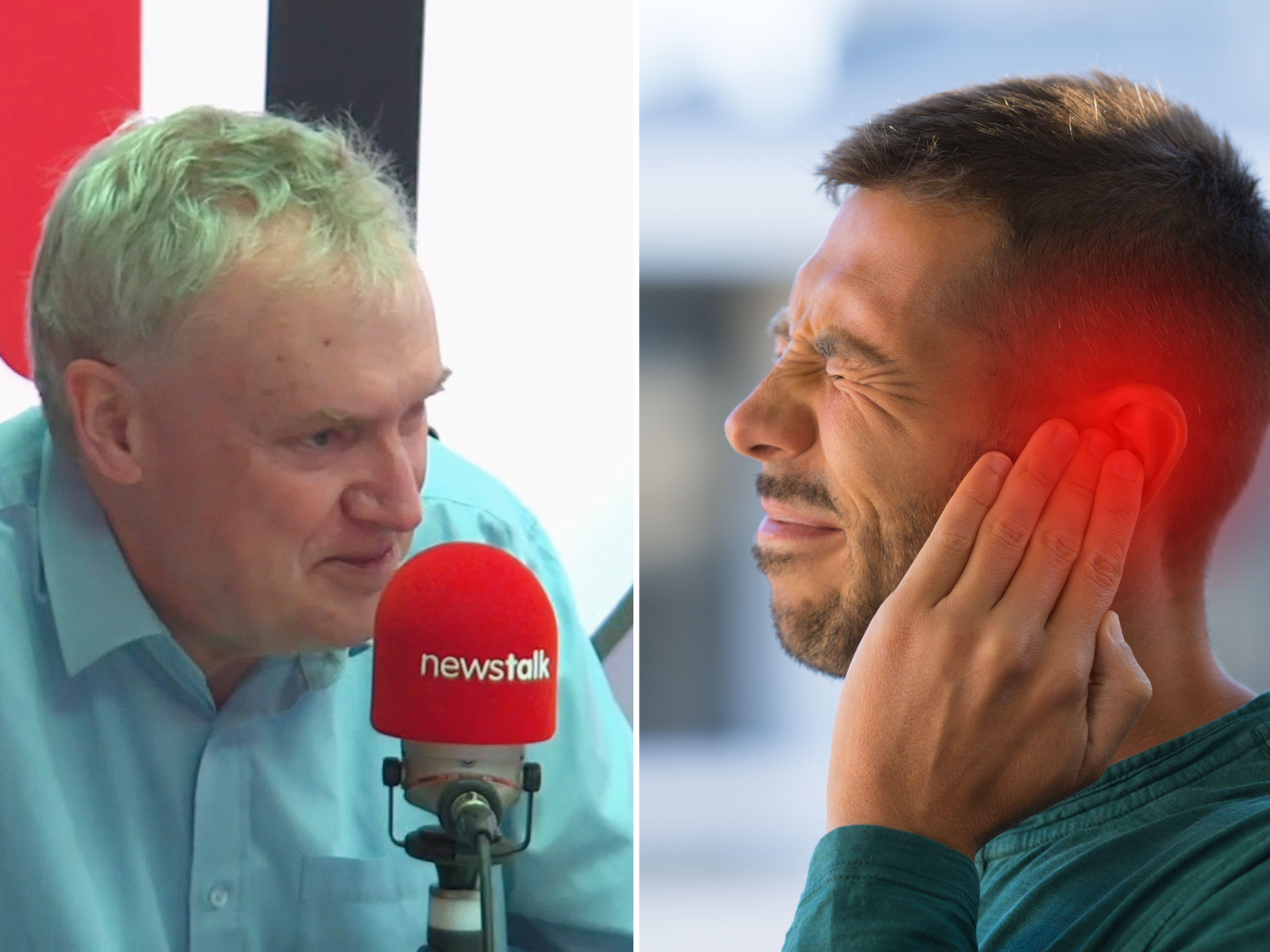Understanding Tinnitus: Causes, Management, and Insights from Experts
Tinnitus, a challenging and incurable condition, affects millions of people worldwide by causing involuntary noise perception, including ringing and hissing sounds in the ears. Often exacerbated by factors such as exposure to loud noises, certain antibiotics, and ear infections, tinnitus manifests in various forms and intensities. With no definitive cure available, understanding its causes and potential management strategies has become increasingly vital, especially for the technology enthusiasts and professionals who navigate sound environments daily.
The Scope of Tinnitus
According to Professor Luke O’Neill, a prominent figure in the field, at least 15% of the global population experiences some form of tinnitus, although recent estimations suggest this number could be higher. Importantly, approximately 2% of individuals suffer from severe tinnitus that significantly disrupts their daily lives. “One in fifty of us will have severe tinnitus that will cause us significant problems,” O’Neill stated during a recent episode of the Show Me the Science podcast.
Causes of Tinnitus
The interplay of various factors leads to the development of tinnitus, with long-term exposure to loud noises being the primary culprit. Other potential causes include:
- Ear Infections: Both bacterial and viral infections can trigger tinnitus.
- Jaw Problems: Disorders like temporomandibular joint (TMJ) dysfunction can contribute to auditory symptoms.
- Certain Medications: Over 260 medications are known to potentially induce or exacerbate tinnitus symptoms, including various antibiotics.
“Hearing loss is a big factor here,” O’Neill emphasized, explaining how damage to the cochlea often precedes tinnitus. He noted, “Some of these drugs—there’s over 260 medications, amazingly—have been shown to have some effect on tinnitus.”
Managing Tinnitus
While there is currently no cure for tinnitus, several management strategies can help individuals cope with the condition. O’Neill suggests behavioral therapies and sound therapy as effective approaches:
-
Cognitive Behavioral Support: This type of therapy can assist individuals in coming to terms with their experience of tinnitus, reducing its psychological impact.
-
Sound Therapy: Involving repetitive sounds—such as crickets or ocean waves—this approach aims to mask tinnitus. Many users find relief through specialized phone applications designed for sound therapy.
-
Acceptance and Commitment Therapy (ACT): ACT encourages individuals to accept their tinnitus rather than fight against it, promoting a healthier mental state.
- Medications: While certain benzodiazepines have shown some benefit even though they might trigger tinnitus, researchers continue to explore the efficacy of drugs like melatonin and histidine-targeting treatments. As O’Neill put it, “Nothing really works. The truth is, these [treatments] have been tested and may work in a small number of people, but no real success.”
The Role of Healthcare Providers
For those suspecting they have tinnitus, consulting a general practitioner (GP) or an audiologist is crucial. These healthcare professionals can provide tailored advice and recommend appropriate interventions.
Implications for the Technology Industry
Understanding tinnitus is becoming increasingly relevant in our sound-laden environments, especially for technology enthusiasts and professionals who frequently engage with audio equipment or immersive environments. As devices and applications continue to evolve, addressing the needs of tinnitus-affected individuals is becoming essential. Innovations in sound therapy apps and auditory technology are promising avenues that could enhance the quality of life for people with tinnitus.
Engaging the Community
As awareness grows around the challenges of tinnitus, it becomes crucial to foster discussions within our communities. Have you or someone you know experienced the effects of this condition? What management strategies or technologies have you found helpful? Share your experiences in the comments below, and let’s support one another in navigating this complex condition.
For further information on tinnitus and its management, consider reading more on Healthline or Mayo Clinic.
Stay connected for updates on health topics that matter.

